ChatGPT's Sam Altman: “The Intelligence Age”
Rich Gee Group
SEPTEMBER 24, 2024
Sam Altman’s essay “The Intelligence Age” envisions a future where artificial intelligence (AI) becomes the catalyst for a new era of human advancement. Altman argues that AI will not just accelerate but fundamentally transform the human capability to solve complex problems and drive global prosperity.

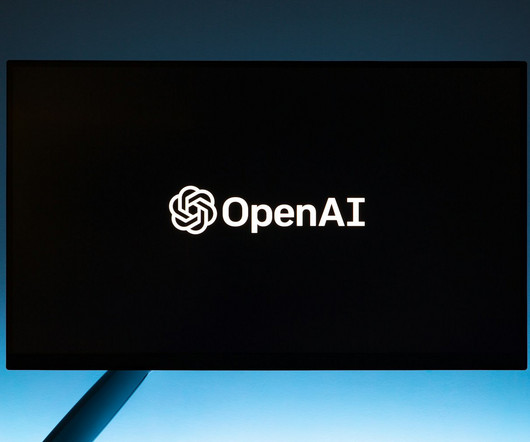



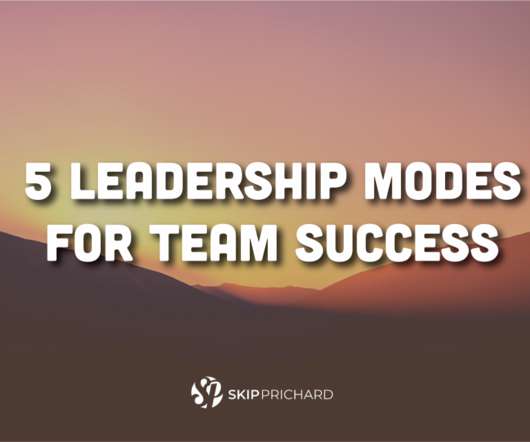



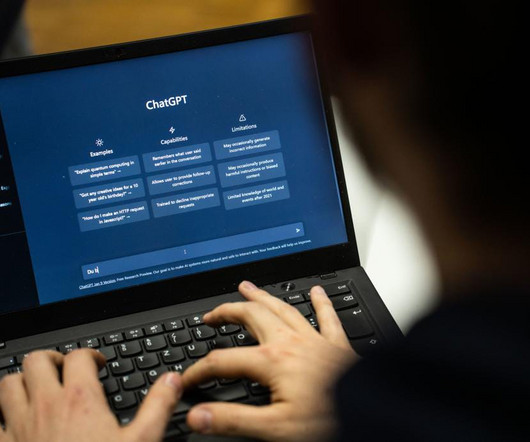
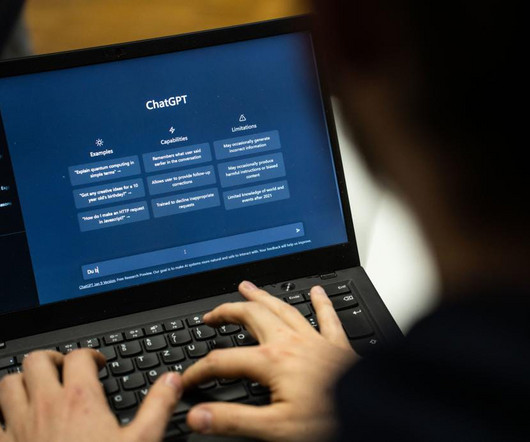
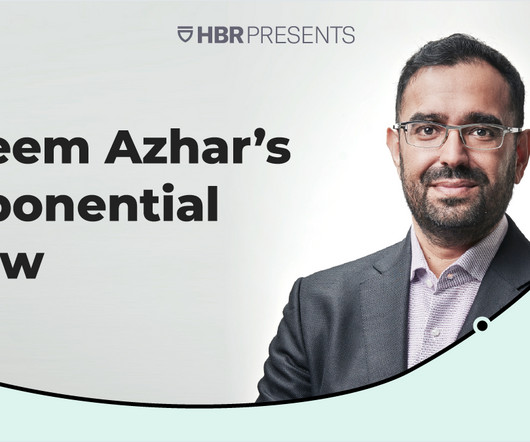
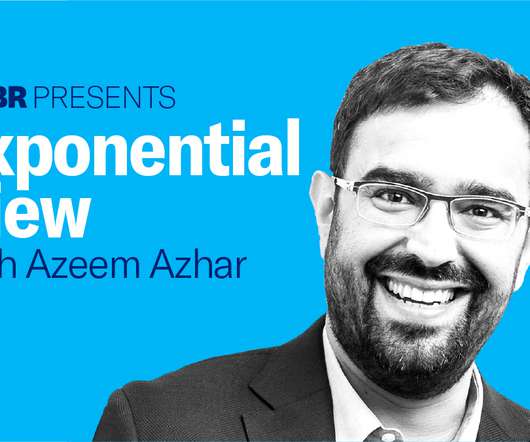










Let's personalize your content